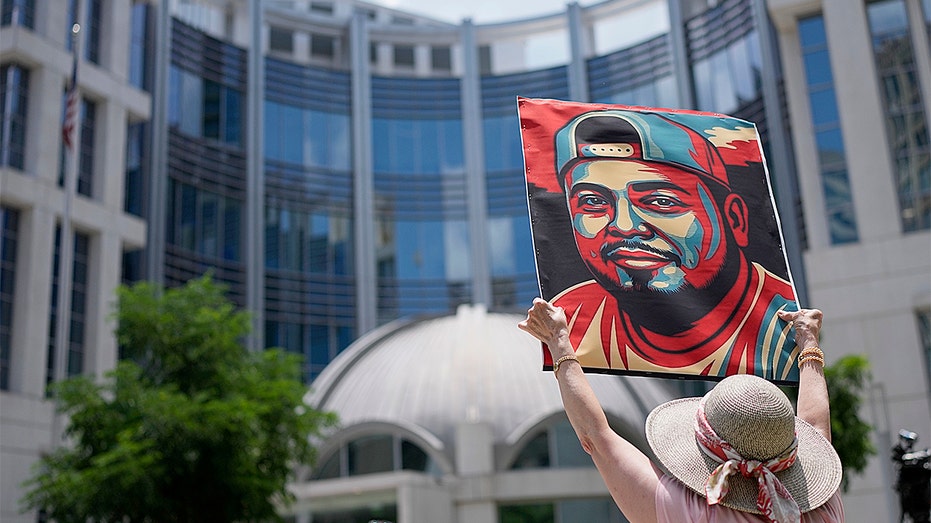A tense courtroom in Maryland became the focal point of a desperate legal battle Thursday, as lawyers fought to prevent the deportation of Salvadoran migrant Kilmar Abrego Garcia. For nine months, his case has captivated international attention, a complex web of legal challenges and shifting destinations.
The core of the dispute rested on a surprisingly simple question: did the government actually possess a final deportation order? Judge Paula Xinis repeatedly pressed the Justice Department, demanding to see the crucial document that authorized Abrego Garcia’s removal from the United States.
Without proof of a final order, Judge Xinis indicated Abrego Garcia was entitled to immediate legal protections, referencing established Supreme Court precedent. The Justice Department, however, remained unable to produce the document, leaving the courtroom in a state of frustrating ambiguity.
The hearing revealed a series of failed attempts to deport Abrego Garcia to other African nations – Eswatini, Uganda, and Ghana – each ending in impasse. Liberia now stood as the proposed destination, a “third country” option fraught with uncertainty.
Judge Xinis sharply questioned the government’s changing stance on Costa Rica, a nation that had previously offered assurances of legal status for Abrego Garcia, shielding him from return to El Salvador. She demanded evidence explaining the reversal, dismissing the government’s explanations as potentially “empty word salad.”
The judge’s frustration mounted as a Justice Department lawyer suggested an immigration judge had “meant” to issue the removal order, a claim Xinis swiftly rejected. She insisted the document itself was required, not implied intentions.
If Judge Xinis rules that a final order doesn’t exist, Abrego Garcia could be released from immigration custody, allowing him to rejoin his brother and prepare for a crucial hearing in Tennessee. This hearing centers on his claim of “vindictive” and selective prosecution in a separate criminal case.
The Justice Department argued against this possibility, but Judge Xinis made it clear she was nearing a decision. She declared the record “closed” and vowed to issue a ruling in the coming days, signaling the end of this particular phase of the legal fight.
Adding to the tension, Judge Xinis expressed displeasure at the Justice Department’s failure to provide a witness with direct knowledge of the case, someone who could explain the deportation plans to Liberia and the limited assurances received from that country. However, she conceded that the lack of a final order might render this point moot.
The courtroom atmosphere was thick with anticipation, the outcome poised to dramatically alter Abrego Garcia’s fate. The judge’s unwavering focus on the fundamental question of the removal order underscored the precariousness of his situation and the high stakes involved.





